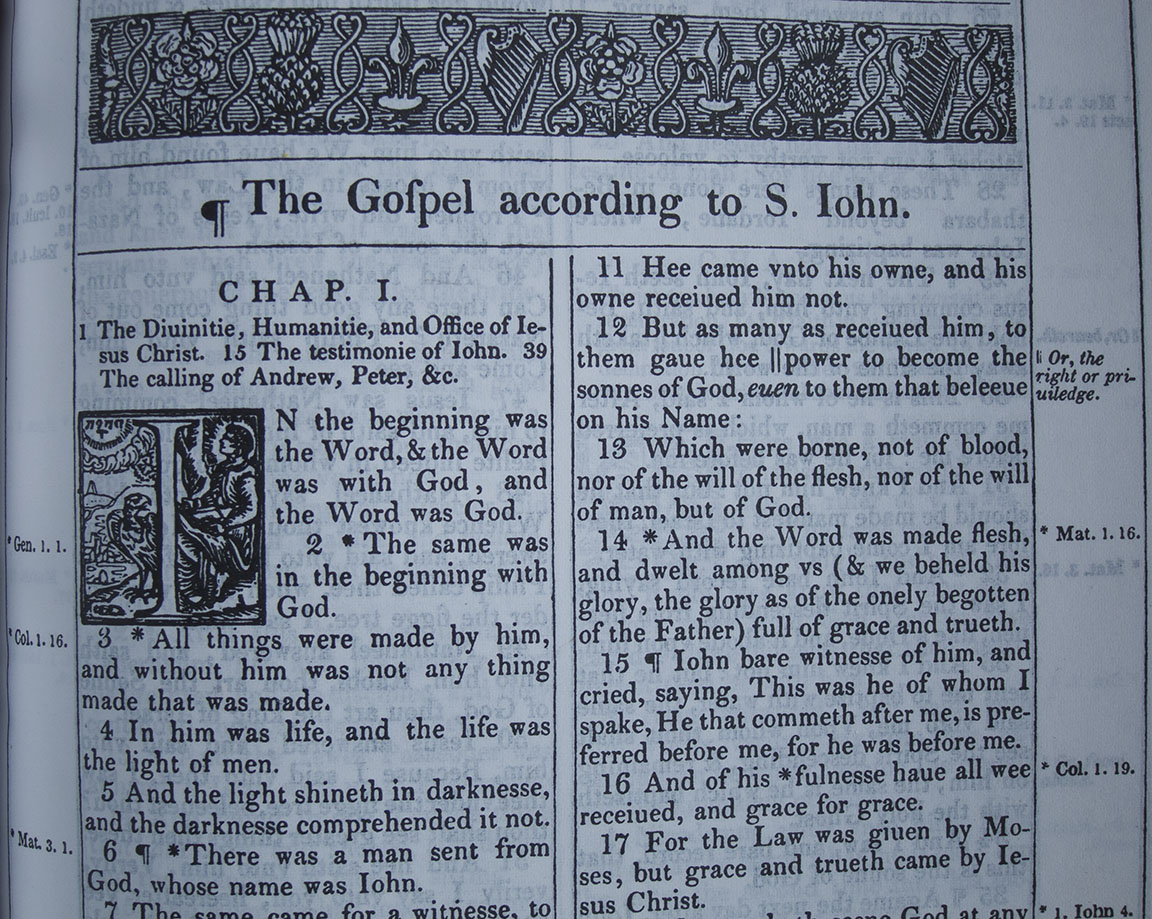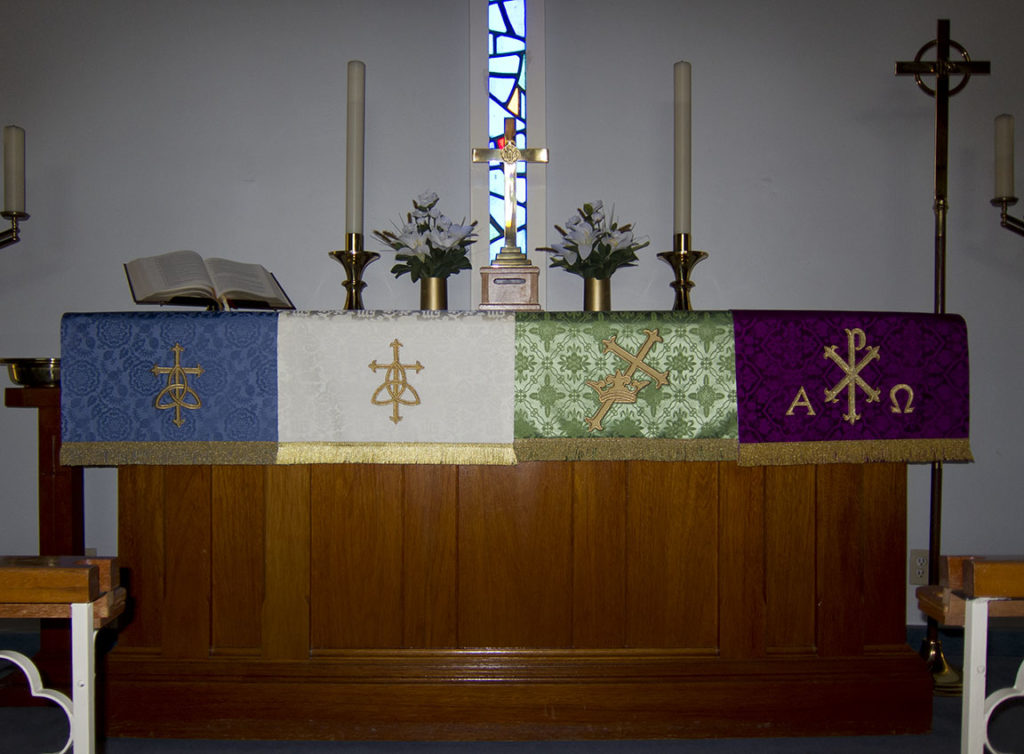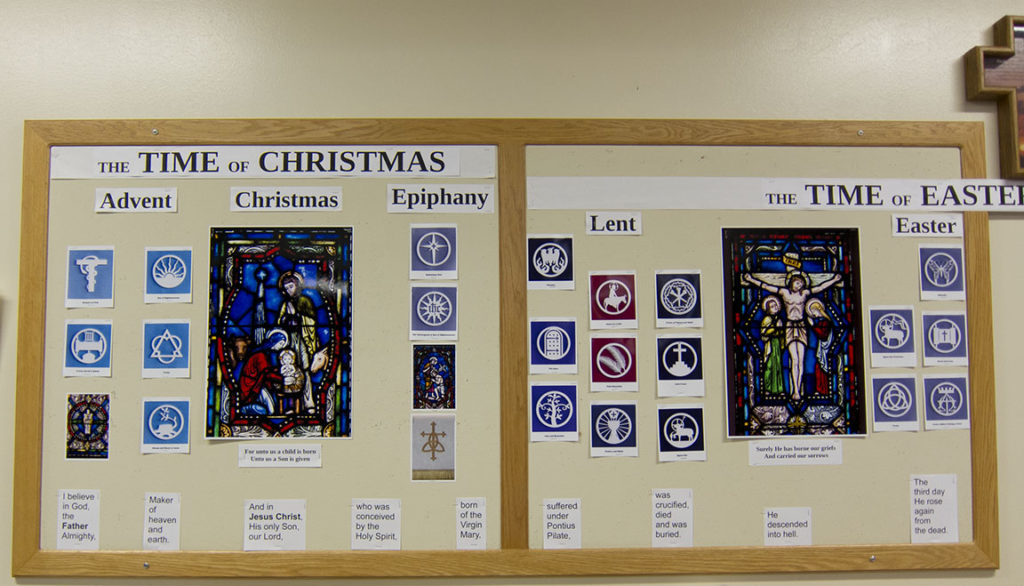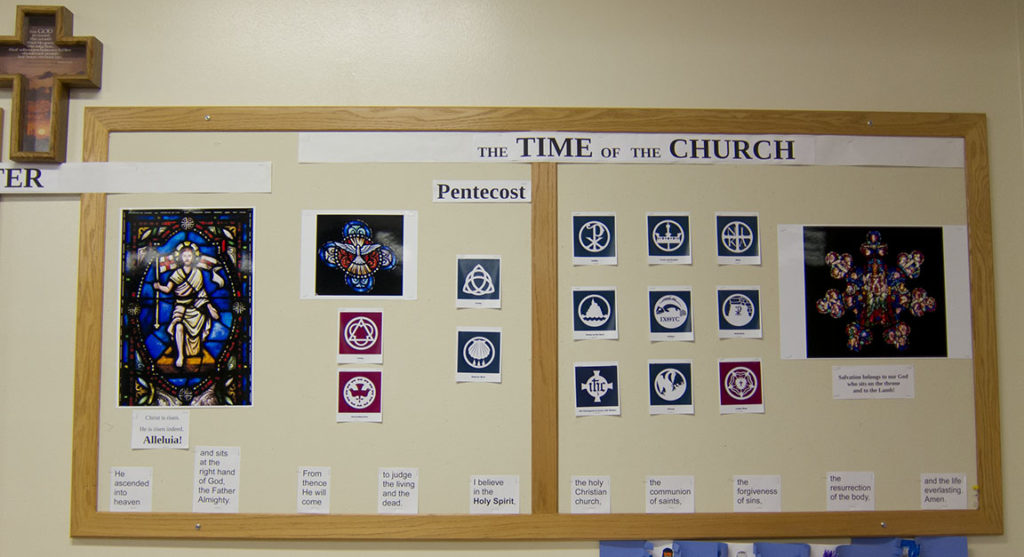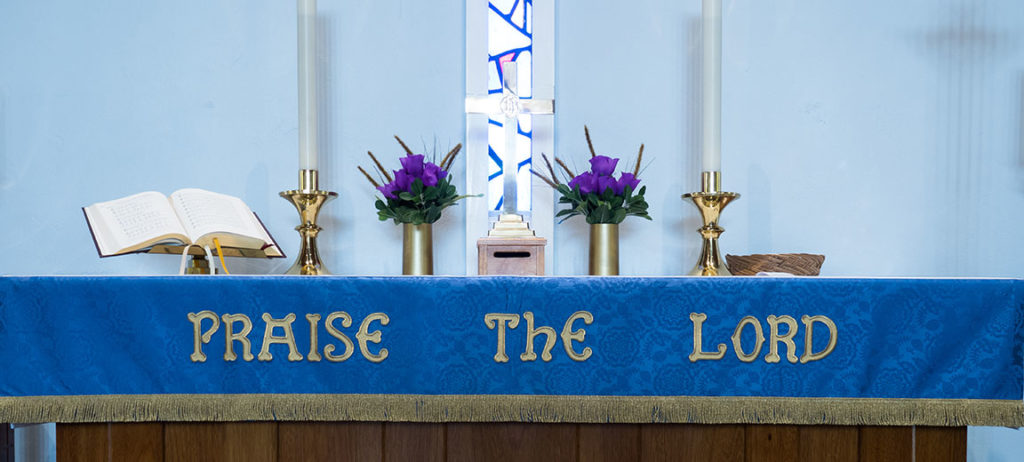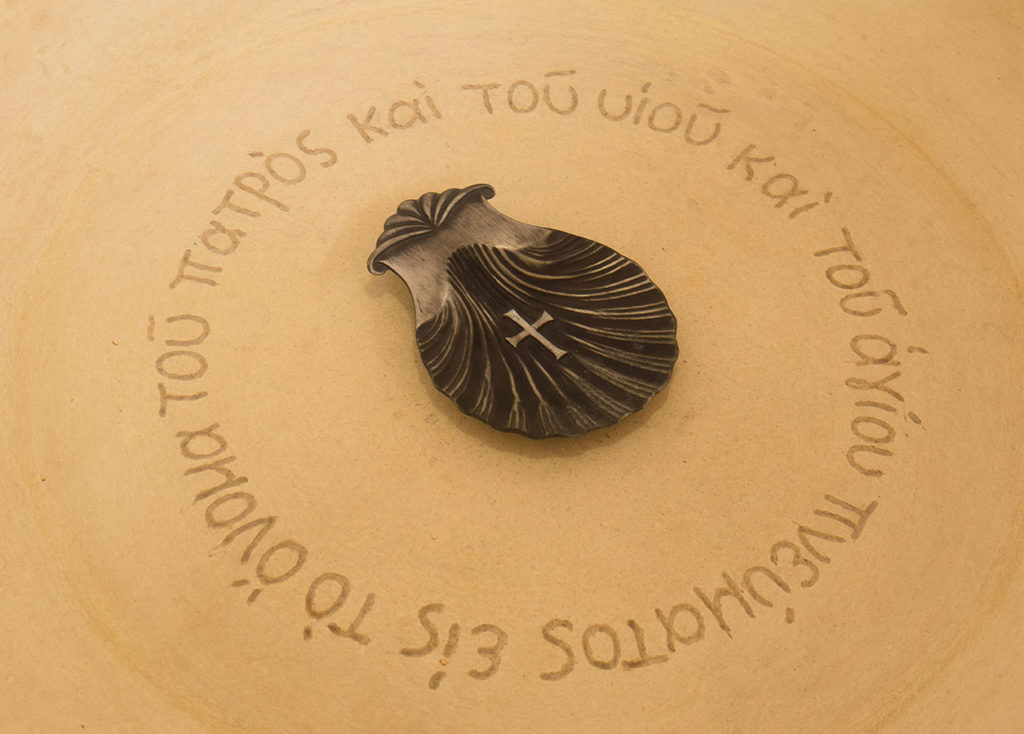Rev’d Mark B. Stirdivant, Good Shepherd Lutheran Church, Yucaipa, California
✝ sdg ✝

One Aloe Stalk
It may at first sound strange when you think of it. You have just last weekend celebrated the gift and fruits of work and labor, by taking a day off from working and laboring. God Himself thought of that idea, for when His days of creative labor were completed, He “sabbathed,” that is, stopped what He was doing and rested, admiring the work that was done and pronounced it, “indeed very good.” So it really isn’t that strange when a day is set aside to commemorate work by not working, even though that day may have lost its intended meaning, at least according to the average person you may ask. If Memorial Day and all it stands for gets drowned out by the opening of pools and the beginning of summer vacations, then Labor Day doesn’t seem to have a chance at all when it typically comes to a screeching halt. One time I was out with the police, and they caught some kids up to no good, and when they were asked why they had the itch to be destructive to the property of a complete stranger, all they could come up with was a shrug and, “I guess because it was Labor Day and there was nothing to do.”
Lest we forget, labor, that is, our diverse God-given vocations through which He provides for ourselves and our families, is itself a gift that is showered upon us by our heavenly Father. Times of increased unemployment seem to make such a gift seem a bit more precious due to its scarcity, but like all gifts, the more it’s in abundance, the more that it tends to get ignored. We come across this problem around Thanksgiving time, too. Perhaps you’re familiar with an attitude like: For what should I be thankful? I have what I have due to my own hard work. This attitude can even claim the support of the Bible verse, “He who will not work, will not eat.” (2 Thessalonians 3:10) And although King Solomon found himself in despair of anything here on this earth “under the sun” having any meaning at all, at least he could say amid all the pessimism that you find in the book of Ecclesiastes, this observation that he writes about one’s particular labor is definitely more cheerful: “Behold, what I have seen to be good and fitting is to eat and drink and find enjoyment in all the toil with which one toils under the sun the few days of his life that God has given him, for this is his lot.” (Ecclesiastes 5:18)
Yet even this can leave us focused on what we have done, on the results and fruits of our own labor. Even in our thanksgiving to God for His gift of labor, we can become self-centered. Daily we all come under the Apostle James’ chastisement which is none other than God’s law condemning us, for we neglect that brother or sister who is in a true physical need and we merely say, “Go in peace,” and, “Hope you have a good life. I just can’t help you right now.” Indeed, you or I could boast about keeping the whole law, yet we would fail in one point, and we would be no better off than any other sinner. I couldn’t presume myself in my heart to be any purer than those juvenile delinquents I met, even if I could reason with myself saying I would never do such a thing, and they deserve whatever punishment they got. No matter how hard you try, your own labor is going to fall short. The work you do will be tainted with the self-serving sinful nature that you inherited from Adam at birth. To be sure, it will not always look sinful to you or to others, but that’s part of the deception. Even the things you do that earn high praise from your fellow men, the Lord still knows your heart, and considering it all on its own, He is not pleased. There is nothing in God’s law to fall back on. Your work, your labor that is done from a heart dead and opposed to its Creator, is worthless and laboring for nothing.
You’re not alone, and that’s part of the good news. For there are two individuals who also were dead to God and opposed to Him, yet they were blessed. Here in the Gospel coming from Mark 7, there is not the woman who pleaded to Jesus, but rather her daughter who had the demon, and the deaf man, who didn’t come himself, who couldn’t even speak for himself, and was brought by others to Jesus for healing. Who did the work? Who exerted the labor? The woman who prayed? The friends who begged? No, on all counts! It was all Jesus. It was Jesus from beginning to end, Jesus the source of healing, Jesus the sole Savior and Helper. Meditate on these words from the Gospel, each one of them, this week: “He has done all things well.” I repeat, All things! That’s the rest of the Good News!
It was by His labor, which took Him the bitter way all the way to the cross, that the sins our labor caused were all forgiven. By His work, and His work alone, the trash heap that is your work and mine is converted into a glorious, laudable accomplishment over which the Father will say to you, “Well done, thou good and faithful servant! Enter in the joy I have prepared for you!” He has done all things well. Just as by His perfect and powerful Word He created the world, gave His blessing, then rested, so also by His Word that carries with it the power of the Resurrection, He declares you, no more a sinner, but a saint washed in the blood of Christ, and blessed with the promise of the Comforter, the Holy Spirit.
Though your ears were stopped to His Word, His personal touch and “Ephphatha” opened them along with your lips, so that your mouth could declare His praise. Though the demons of this world attacked you and led you astray to follow your own desires, He dismissed them, perhaps even upon the prayer and pleading of others asking in your place. He has done all things well. His labor is what counts because His labor alone is perfect. He once did a miracle here and there and could hardly find a place to hide Himself. Now He hides Himself in the Word of Scripture, the Water of Baptism, and the Bread and Wine of Communion, and in those hiding places He’s doing even greater work than before, yet He’s often ignored even worse than the true meaning of any particular holiday.
But ignored or not, your Lord Jesus Christ continues to do all things well. He continues to give you the fruits of His labor. By humble faith, you are now content to be a dog under the table eating crumbs, yet by magnificent grace, you are invited as a precious child to be fed richly from the Father’s own hand. You don’t have any work to do to gain that privilege, because it is already yours. Yet it pleased the Lord nevertheless to give you work to do while it is day, to labor while your life lasts on this earth “under the sun.” This too is not a contradiction, because even though the heavy yoke of your sin has been taken off, Jesus still says, Take My yoke and learn of me, for My yoke is easy and My burden is light.” He has taken on Himself the task of salvation, and has given you other, much smaller tasks, but nonetheless still important ones that He works through you.
Your first task is to pray. You’ve been given access to the Father, now exercise that privilege and use that access and bring your needs, and bring those others who need Him, just like the foreign woman brought her daughter in prayer, and the friends who literally brought the deaf man. That’s your most important labor for others, because you are still leaving it in the hands of Jesus to do the actual work. In praying for others, there’s the least likelihood for your sinful nature to creep in and screw it up. And just like the woman didn’t know if her prayers did any good until after she went back home, your prayers and the people for whom you pray are left in the hands of the Lord, who has done what is best already before you ask. Remember, He has done all things well.
And finally, along with your prayers, remember to enjoy first the fruits of your Savior’s labor, relish His abundant forgiveness for you and your fellow sinners, and then to take delight in the labor He has given you to do for the sake of your family and others. Faith without works is dead, and because of Jesus, you have been given both faith and works together as His gift to you. Everything you do for others becomes by faith a holy task, a Christian labor of love that you could not do on your own, but rather that your Lord does through you. Do not remain left in despair and meaningless vanity, even when you’ve had, as we all have had, “one of those days.” He has already healed you of the illnesses of sin, selfishness, partiality and idleness. The law’s condemnation and the terrors of your past cannot touch you. He has done all things well. And because He has done all things well, you may rejoice this day, this “sabbath day” of rest and for the rest of your life, thanking God for the gift of Christian labor.
In the Name of the Father and of the ✝ Son and of the Holy Spirit.

Green Altar Parament
Readings:
Is. 35:4–7a then the eyes of the blind shall be opened
Ps. 146 Do not put your trust in princes
James 2:1–10, 14–18 but if you show partiality … I will show you my faith by my works.
Mark 7:24–37 Syro-Phoenician woman; healing of the deaf man
